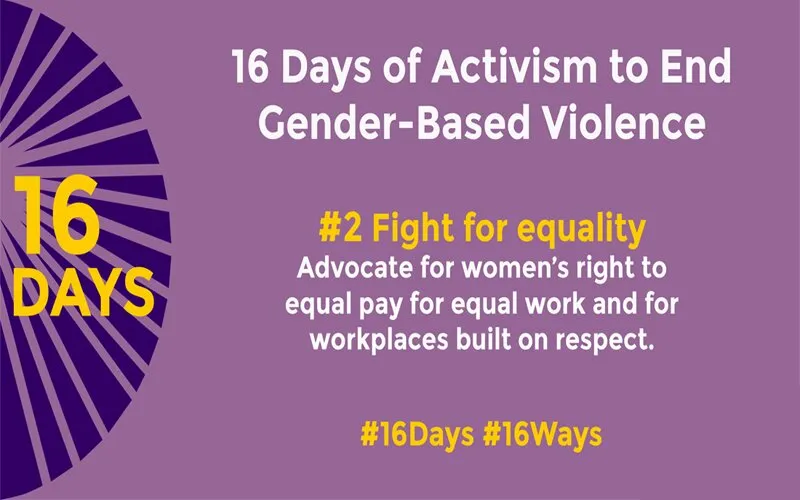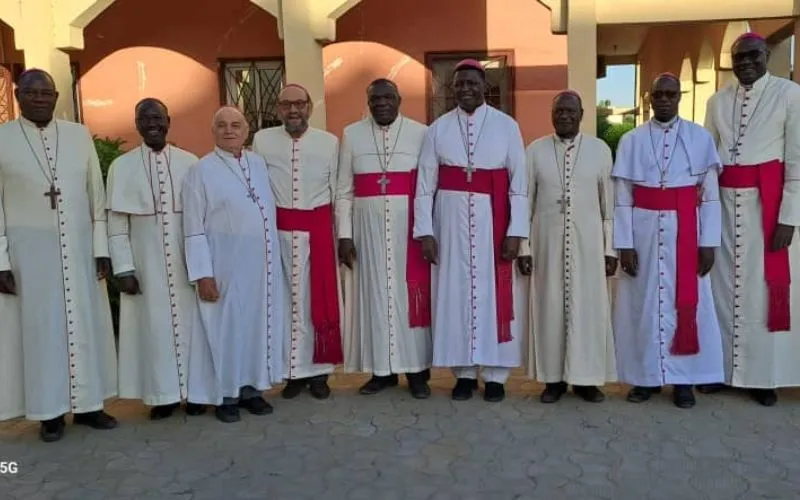The faith leaders are optimistic that with faith-driven activities across the continent, change will be realized in gender interactions and that cases of SGBV will go down.
“Globally, over 80 percent of the population identifies with a religion,” AACC leadership says in the statement shared with ACI Africa November 26, and adds, “Religion is a powerful force for social and cultural change, particularly in the continent of Africa with cognizance that it can also be instrumentalized for self-serving purposes.”
It is the significant influence of religion on the world’s second largest continent, AACC officials underscore, that “the need to strengthen and expand sustained engagement with a range of faith actors, religious institutions and theological institutions of learning to engage in the 16 Days of Activism against SGBV and Child abuse cannot be over-emphasized.”
Africa’s faith-based actors are important “in amplifying and safeguarding the ideals of common humanity and inherent dignity of every human person,” AACC leaders say.
At the launch themed “From Awareness to Action”, facilitators will go beyond highlighting the impact of pandemic on gender justice and child protection to bring out practical interventions by faith actors to eliminate GBV and child abuse during and beyond the COVID-19 pandemic.
(Story continues below)
In their concept note, the representatives of faith leaders in Africa acknowledge with appreciation their collaboration, which they say “affirms the spirit of togetherness in the faith-based responses to GBV related issues.”
The collaboration, they say, also provides a platform for galvanizing regional efforts towards SGBV activism on the African continent.
The leaders note that Africa “urgently” needs such activism for the success of future faith-based responses to gender inequality and child abuse.
The leaders further condemn SGBV, which they say is contrary to Christ’s mission of fullness and abundant life for all people.
“All forms of GBV are a violation of human dignity and God’s image in every human being. They are threats to the value of social relationships and their role in the stability and prosperity of the entire human race,” AACC officials say in their November 26 statement, the eve of the launch of 16-day initiative.
Agnes Aineah is a Kenyan journalist with a background in digital and newspaper reporting. She holds a Master of Arts in Digital Journalism from the Aga Khan University, Graduate School of Media and Communications and a Bachelor's Degree in Linguistics, Media and Communications from Kenya's Moi University. Agnes currently serves as a journalist for ACI Africa.








